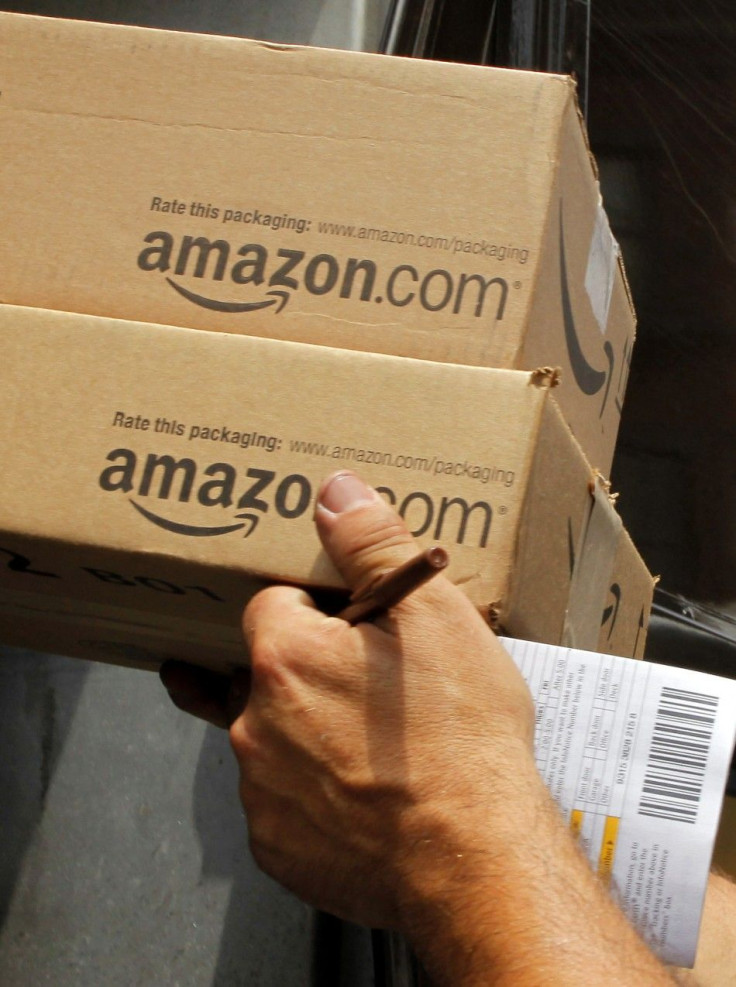Amazon flies high, may rise 25 percent more: Barron's

Amazon.com Inc shares, just below their all-time high, could rise 10 percent to 25 percent if its capital spending translates to fast growth in its retailing, Kindle e-readers and cloud-computing businesses, Barron's said in its Aug. 1 edition.
On July 26, the online retailer posted a 51 percent jump in quarterly revenue to $9.91 billion, while saying profit fell eight percent to $191 million, or 41 cents per share.
The profit decline was smaller than analysts expected, however, and Amazon shares reached an all-time high of $227.20 the next day. They closed Friday at $222.52. A 25 percent increase from their projects to a $278.15 stock price.
Barron's said investors often worry about a disconnect between higher revenue and lower profit.
But it said Seattle-based Amazon has a 14-year history of driving higher revenue at the expense of margins by investing aggressively in technology, distribution and real estate.
It said Amazon was now spending money to build fulfillment and distribution centers, build data centers for its Amazon Web Services cloud unit, and expand its Kindle franchise.
The newspaper said that while Amazon stock trades at close to an "unthinkable" 107 times expected 2011 profit, it may be "pragmatic" to compare Amazon with Wal-Mart Stores Inc 20 years ago, when the latter's revenue grew 35 percent to $44 billion.
It quoted an analyst as saying Amazon's revenue could in 2011 increase 43 percent to $49 billion, but that "it's better" than Wal-Mart because its storeless business model could result in higher long-term economic returns.
© Copyright Thomson Reuters {{Year}}. All rights reserved.



















